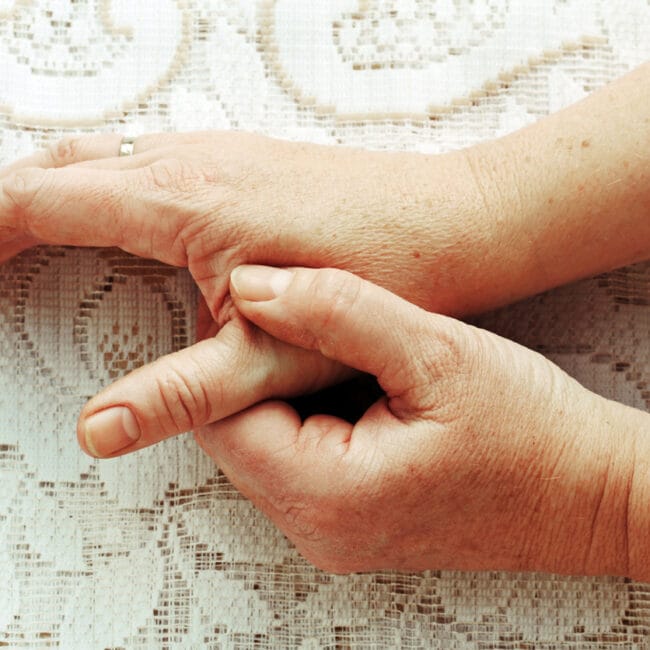The Link Between Diet and Gallstones
What are gallstones?
Gallstones are small stones that form in the gallbladder and are normally made from cholesterol. For most people they don’t cause any symptoms and do not require treatment.
Common symptoms of gallstones
Gallstones can cause symptoms when they become trapped in a duct inside the gallbladder. This can cause sudden and intense pain in the abdomen and can last for up to 5 hours.
Gallstones can also cause further complications for some people, such as inflammation of the gallbladder (cholecystitis). This can cause symptoms such as persistent pain, a high temperature and yellowing of the skin and eyes (jaundice).
Causes of gallstones
In order to discuss the causes of gallstones; first we need to understand how the gallbladder works. The gallbladder is a small pouch-like organ located underneath the liver. It’s part of our digestive system, where its main function is to store and concentrate bile (a liquid produced by the liver to help digest fats). Bile is passed from the liver into the gallbladder, where is it stored and concentrated and then released into our digestive system when its needed.
A common cause of gallstones is high cholesterol levels in bile which can lead to the formation of stones. You are more at risk of developing gallstones if you have any of these risk factors:
Female
Over the age of 40
Overweight/obese
Treatment
For people who have gallstones and don’t experience symptoms, treatment is generally not necessary. However, if you are experiencing ongoing abdominal pain and/or complications such as jaundice or acute pancreatitis (inflammation of the pancreas), surgical removal of the gallbladder (cholecystectomy) may be necessary. Following removal of the gallbladder, people can lead a normal healthy life and your liver will still produce bile to help you digest food.
The link between diet and gallstones
There is no specific diet recommended for gallstones. A low-fat diet can often be recommended by doctors to help reduce symptoms associated with gallstones, however there is not much research to suggest that this works. The recommendation to reduce fat may be due to the fact that fat causes the gallbladder to contract and release bile, but in fact; all food will do this.
Therefore, if you do experience symptoms with gallstones, eating any type of food could stimulate the gallbladder to contract and release bile which can worsen symptoms. Furthermore, following a low-fat diet may cause rapid weight loss which can actually cause gallstones to grow. Following a low-fat diet in people who are already underweight can be dangerous and put underweight people at risk of becoming malnourished.
If you do experience any symptoms of gallstones, it is important you liaise with your GP for advice on what treatment is best for you.
The good news is, there does appear to be a link between diet and preventing gallstones from forming. As gallstones are made from cholesterol, is it advisable to limit the amount of saturated fat in the diet as too much of this can raise cholesterol levels. Saturated fat can be found in the following foods:
Fatty red meat
Processed meats like sausages, pudding, bacon and cured meats (e.g. salami)
Real butter, ghee and lard
Coconut oil and tinned coconut milk
Cheese
Cream
Highly processed foods like takeaways, ready meals, cakes and biscuits
Following a healthy Mediterranean-style diet rich in fruits, vegetables, nuts and pulses and where saturated fats are replaced with unsaturated fats (aka “healthy fats”) may help to reduce the likelihood of developing gallstones.
If overweight or obese, gradual weight loss may help to also reduce your risk of developing gallstones. Some tips for weight loss include:
Follow a Mediterranean-style diet with a focus on portion control i.e. aim for ½ your plate to be vegetables, salad or fruit, ¼ of your plate to be a high fibre carbohydrate source and ¼ of your plate to be protein source like fish, chicken or pulses.
Reduce consumption of high calorie and high fat processed foods
Only snack if feeling hungry. Choose healthy snacks such as low-fat yogurt, fruit or a small handful of unsalted nuts.
Try do at least 30 minutes of exercise each day e.g. walking, swimming, cycling, dancing.
Summary:
Gallstones are made up of cholesterol and can cause symptoms for some people. If people experience bad symptoms, they may need to have their gallbladder removed but can live a normal life after the surgery.
A healthy Mediterranean-style diet and gradual weight loss for people who are overweight can help to reduce the likelihood of developing gallstones. It is not advisable to follow a low-fat diet if experiencing symptoms of gallstones.
Sources:
https://www.bda.uk.com/resource/dietary-management-of-gallstones-future-possibilities.html











